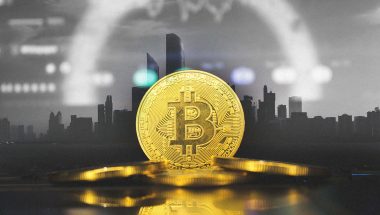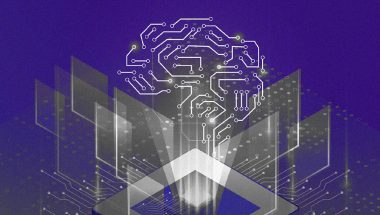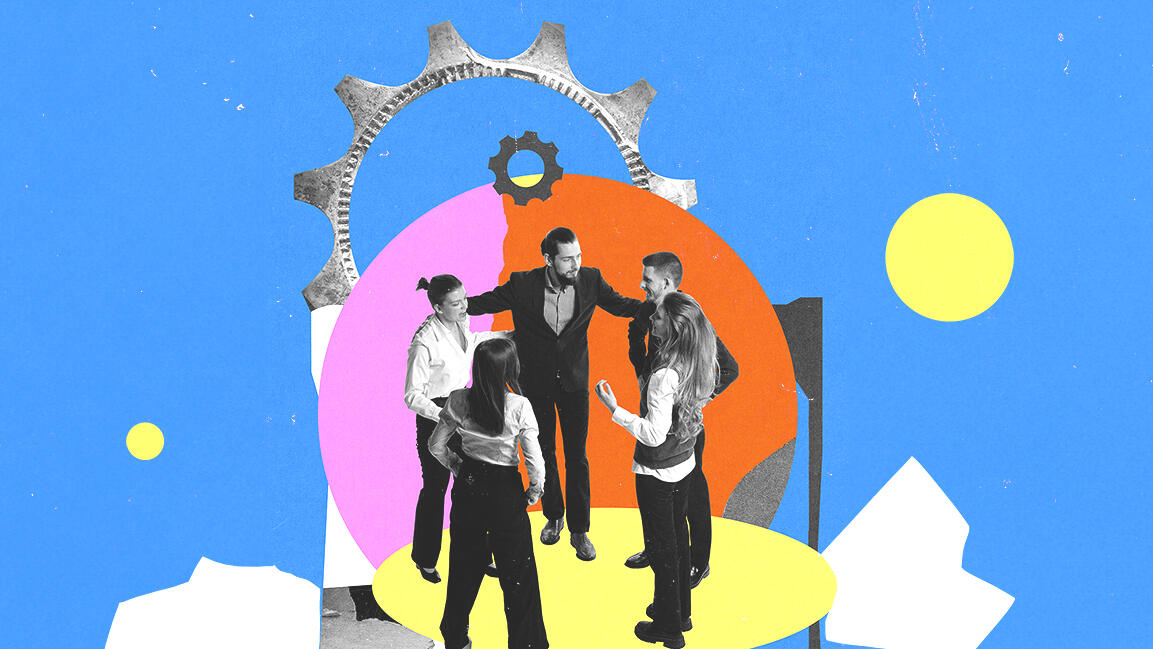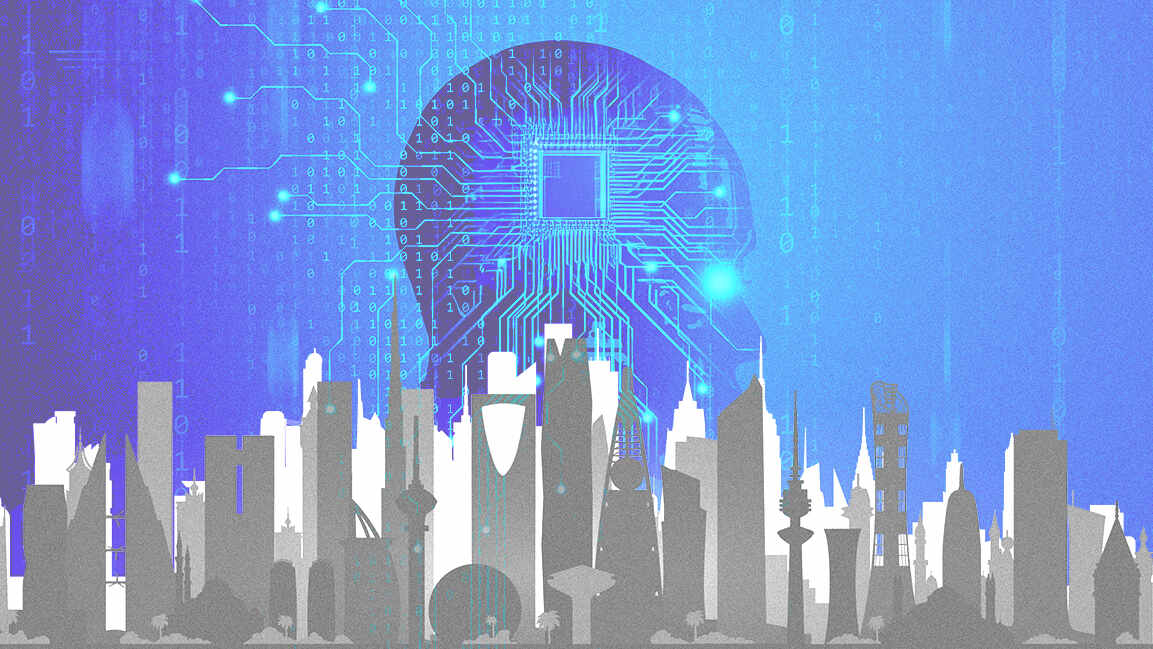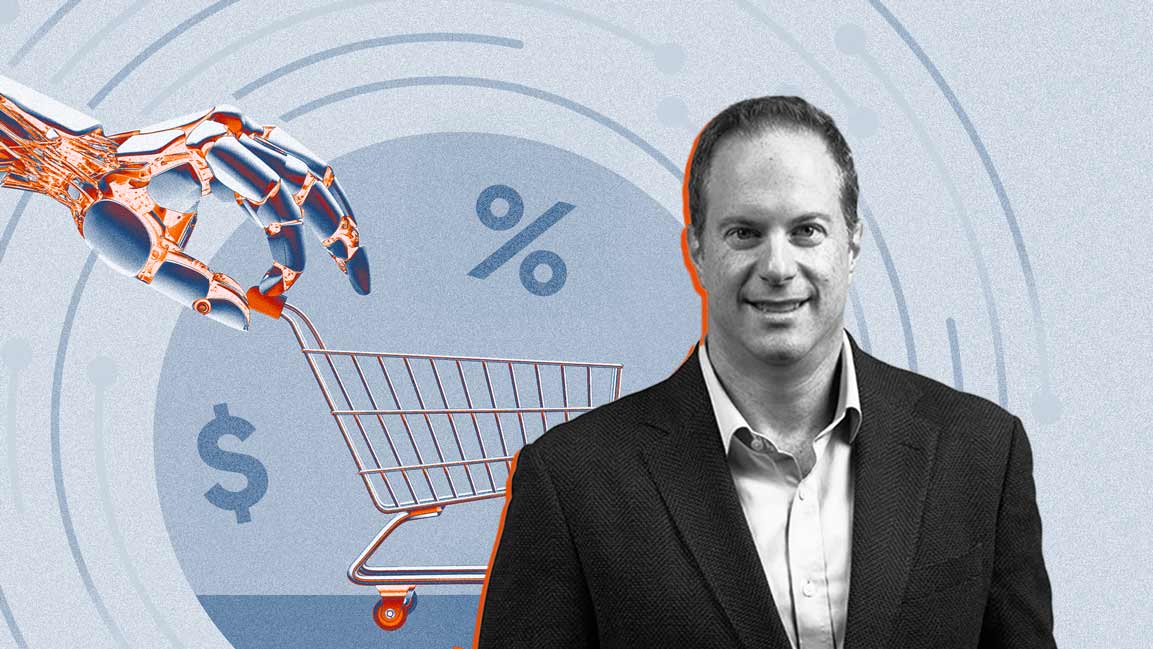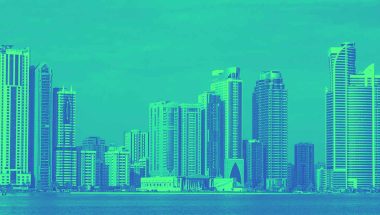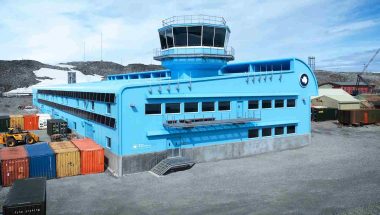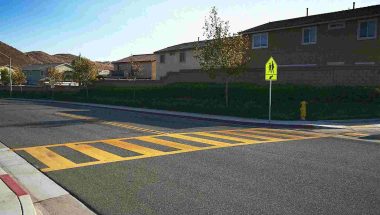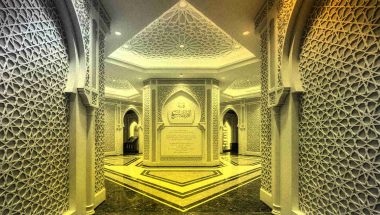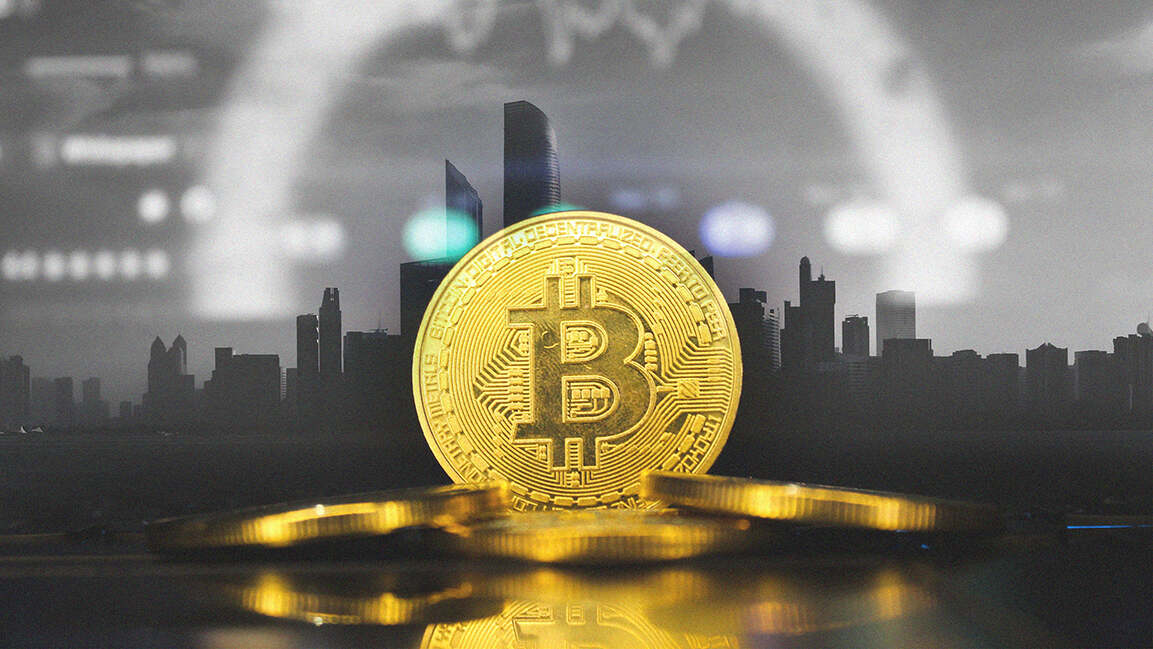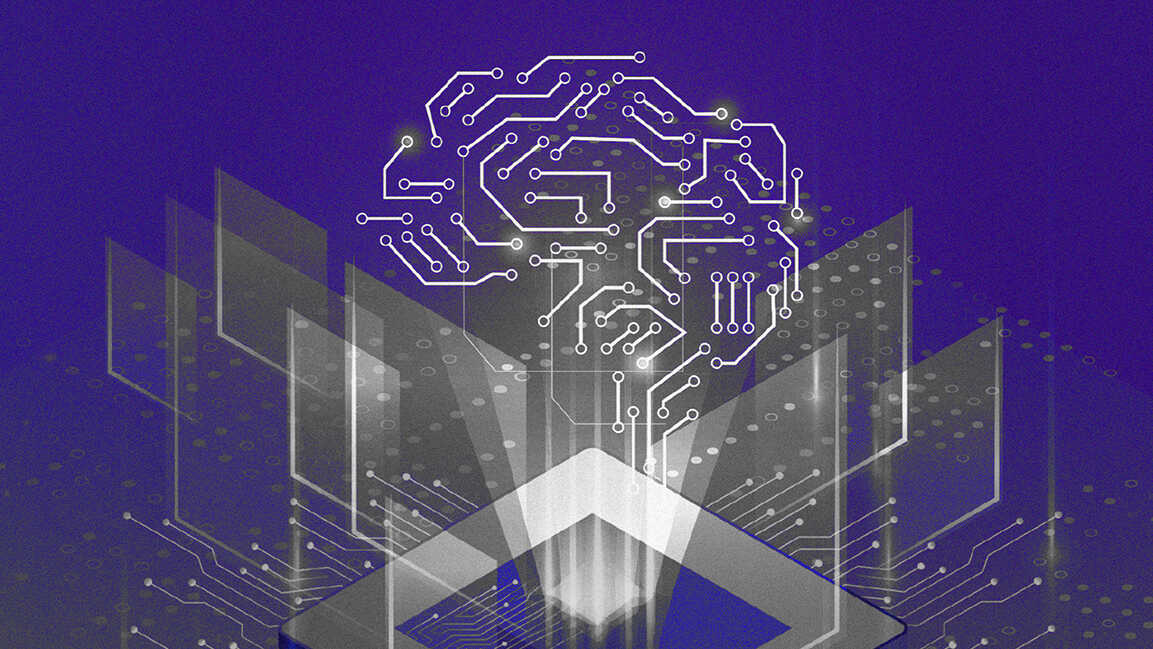Innovation economy. What does it take to be one?
The UAE’s vision is to become an innovation powerhouse, and Technology Innovation Institute (TII) is helping to realize this ambition.
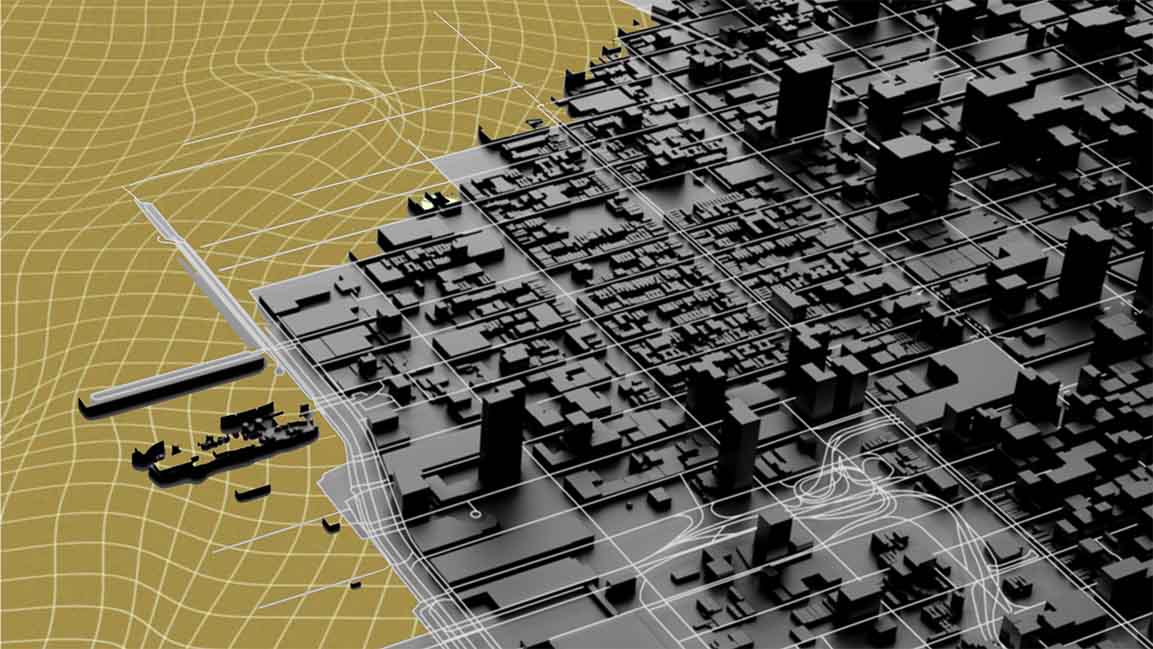
As the world continues to push forward in rebuilding broken economies post-pandemic, we have quickly learnt the criticality of accelerating economic reforms that will foster resilience and create a more robust economic infrastructure. With this in mind, one pertinent question remains – how, then can nations set their economies apart amid what seems to be a post-pandemic renaissance? The answer lies in an innovative economic diversification strategy.
Recent years have witnessed the Middle East adopting an aggressive approach to diversifying its economy. Efforts to attract investment in high-growth sectors highlight how overexposed the region’s market is to the supply and demand of a single commodity – making economic diversification a challenging prospect.
A prime factor steering a diversified economic approach is the ability to create an ecosystem of continuous learning and innovation. For instance, manufacturing hubs go beyond benefiting national economic progress – they raise productivity levels and create a level playing field for innovation.
To understand the implications of an innovative economy, we caught up with Dr. Ray O. Johnson, CEO of Technology Innovation Institute (TII) in Abu Dhabi, to learn how the Institute creates a business climate that champions innovative economic development. Here are four key takeaways from the conversation.
BUILDING AN INNOVATION ECOSYSTEM
As economies in the region diversify – moving away from their historical dependence on oil and gas, “innovation will be increasingly important as the energy industry adapts to global market shifts,” says Dr. Johnson. According to the 2022 Global Innovation Index, the UAE is one of the region’s most innovative economies, and this global rank has risen annually.
Fostering an innovative economy yields benefits to nations that must ensure the creation of an environment conducive to sustainable change in a rapidly disruptive world. With an economic diversification strategy in place, innovation will lead to the capability to absorb, implement, and exploit ideas effectively within industrial sectors to build competitive strength and generate added value for the economy.
“An innovation economy requires investment in three critical areas: infrastructure, institutions, and human capital,” says Dr. Johnson.
Equipped with fully optimized facilities such as the Directed Energy Research Center (DERC) in Tawazun Industrial Park and the MENA region’s first Impact Lab within its Advanced Materials Research Center (AMRC), TII is powering innovation in the Middle East. The Institute has several scholarship programs to help nurture and empower the knowledge economy. Overall, such initiatives help boost the morale of aspiring researchers in the region and beyond.
Nations banking on an innovation economy need facilities and resources like labs and industrial parks to meet their technical requirements. This infrastructure must also exist in a regulatory environment that incentivizes innovation. “These elements attract an educated talent pool with values that enable innovation, creativity, curiosity, and diligence to power the economy,” adds Dr. Johnson.
BUILDING AN OPEN CULTURE TO INNOVATE
Innovation hinges on not only attracting and retaining talent and business but also developing an open culture to enable those businesses to thrive.
“While change may take time, it starts with an executive decision to prioritize resources that solve new challenges. Leadership buy-in to secure resources can create more ideal conditions for innovation, but these conditions need to be rooted in a culture that tolerates setbacks and even mistakes on the path from lab to innovation, especially in the early stages,” says Dr. Johnson.
There’s always a risk of openness being hindered “by a fear of low or no reward from taking a risk in pursuit of innovation”.
From the outset, TII has contributed to the culture of innovation and collaboration by “helping build intellectual property and more In-Country Value through critical projects in collaboration with our partners in academia and industry”. Forming a foundation of more than 60 international partnerships, the Institute has attracted scientists and researchers from across the globe to expand the R&D ecosystem in Abu Dhabi and the UAE.
AMPLIFYING EXISTING INNOVATION HUBS
In addition to TII’s efforts, the UAE has launched government-aided programs such as Hub71, which supports tech companies, start-ups and investors in pursuing growth opportunities, and educational institutions like the Mohammed Bin Zayed University for Artificial Intelligence and Khalifa University of Science and Technology that work to create opportunities for a new generation of STEM researchers. These initiatives not only support the country’s burgeoning tech ecosystem by bridging the gap between research and industry, but play a significant role in bolstering innovation.
“Partnerships and collaborative research efforts are keys to innovation in an ever-changing market,” says Dr. Johnson.
TII has more than 75 active research projects with industry experts, academia, and other like-minded stakeholders addressing some of the world’s most urgent challenges.
An example is the development of the world’s largest Arabic natural language processing model to field trials for ultra-secure quantum key distribution that send entangled photons around Masdar City.
Another example of TII’s innovation in supporting the national technology value chain to transform society is its participation as the TII-EuroRacing Team in the Indy Autonomous Challenge@CES in 2022 and again in 2023 to power the development of autonomous vehicles, as well as enhance their safety and performance.
The Institute has also unveiled three new research centers – ‘Propulsion and Space’, to boost the UAE’s aerospace sector and improve vehicular performance while reducing their environmental impact; ‘Biotechnology’, to enable better healthcare solutions through molecular and genomic strategies; and ‘Renewable and Sustainable Energy’, to mitigate the impact of climate change through strategic R&D in energy storage, analysis, and solutions that will benefit society in the future.
These initiatives are poised to bring about major innovative breakthroughs and dividends for the country in the long run while strengthening TII’s credibility as a key contributor to the UAE’s advanced technology domain.









